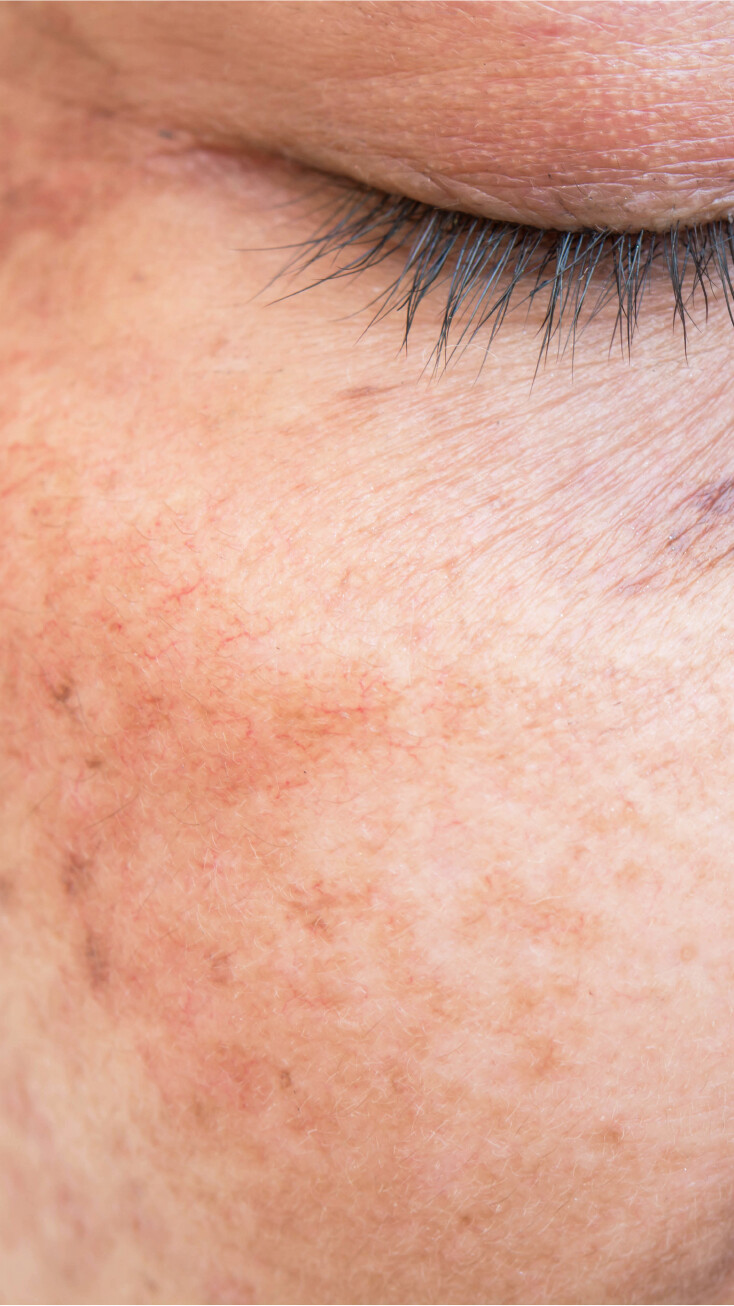Preventive Care
Stay safe in the sun and limit your skin cancer risk.

The sun and the great outdoors can warm your spirit while providing fun and recreation. However, there are several precautions we encourage you to follow to prevent a higher potential for skin cancer. Plan ahead to limit sun exposure, wear sunscreen and dress appropriately year-round.
We encourage everyone to schedule regular skin checks in an effort to detect skin conditions early and ensure your skin stays healthy.

Sunscreen
When choosing a sunscreen, look for ingredients that provide broad-spectrum coverage against both UVA and UVB radiation, such as micronized zinc oxide, titanium dioxide, Helioplex or Parsol 1789 (avobenzene).
For normal daily activities such as going to and from work or school, we recommend the use of a daily moisturizer with a sunblock. This will provide protection against incidental ultraviolet radiation that you encounter going to and from your car or traveling in your car.
For outdoor activities such as swimming, running or golfing, apply a waterproof sunblock. For prolonged sun exposure, reapply sunscreen every two hours. For swimming and other water sports, we recommend sunscreens that have the word “waterproof” on the label, although no sunscreen is truly and completely waterproof.
Don’t forget to protect your eyes, ears and lips, which are also susceptible to skin cancer.

Lifestyle Tips
It’s important to remember that sun damage is cumulative, so even short bouts of sun exposure add up. Enjoy the sun and the outdoors, but use common sense, sunscreen and protective clothing when appropriate.
Timing: Plan your outdoor activities in the early morning hours before 10 a.m. or in the late afternoon, after 4 p.m. This will help you avoid the sun’s most intense radiation, which occurs between the hours of 10 a.m. and 2 p.m. Seek shade and avoid tanning.
Protective clothing: Wear a hat, and remember that a hat with a 6-inch brim only provides equivalent sun protection to an SPF 8 sunscreen. There are new fabrics for protective clothing that completely block the sun’s rays. They are designed to be loose fitting, cool and comfortable.
Early detection: Skin cancer prevention starts with you. In addition to an annual exam by a dermatologist, you should check your entire body for irregular spots and moles at least once a month.
Please see the current list of insurance plans we accept below. If you do not see your plan, please contact your insurance company to confirm coverage.
- Aetna: HMO, PPO, Comm
- American Postal Workers Union
- Ascension Smart Health
- Blue Cross Blue Shield (BCBS): HMO, PPO, Comm
- Cigna: HMO, PPO, Comm
- Cigna HealthSpring
- Devoted Health
- Humana: HMO, PPO, Comm
- Medicare
- Multiplan
- Railroad Medicare
- TRICARE
- UnitedHealthcare (UHC): PPO, HMO, Comm, AARP
- Veterans Affairs Community Care Network (VA CCN): Managed by UHC
- Viva: HMO, PPO, Comm
That depends on your insurance plan. If your insurance plan requires a referral from your primary care physician, you will need a referral to schedule an appointment. To determine if you require a referral, or what services are covered by your plan, call your insurance company.
Please remember to complete your patient forms prior to your visit. Bring your photo ID, all insurance cards and a list of any medications you take. Create an account in our secure patient portal. Here you can update your contact and insurance information, send and review messages with providers, check your balance and see upcoming appointments.
Plan to arrive at least 20-30 minutes early if you haven’t completed your paperwork.
During your visit, our providers will review your medical history, then conduct a thorough skin examination in order to make a diagnosis. Once a diagnosis is made, you’ll receive a detailed treatment plan. We encourage you to ask questions and share any concerns you have.”
Your insurance plan dictates deductibles, copays, coinsurance, networks, etc. If you have questions or concerns, discuss them with your insurance company or your employer’s benefits coordinator. Plan to pay your copay or any payment required by your insurance at the time of your visit. If you leave a credit card on file when you check in, it will make checking out in the future a breeze.